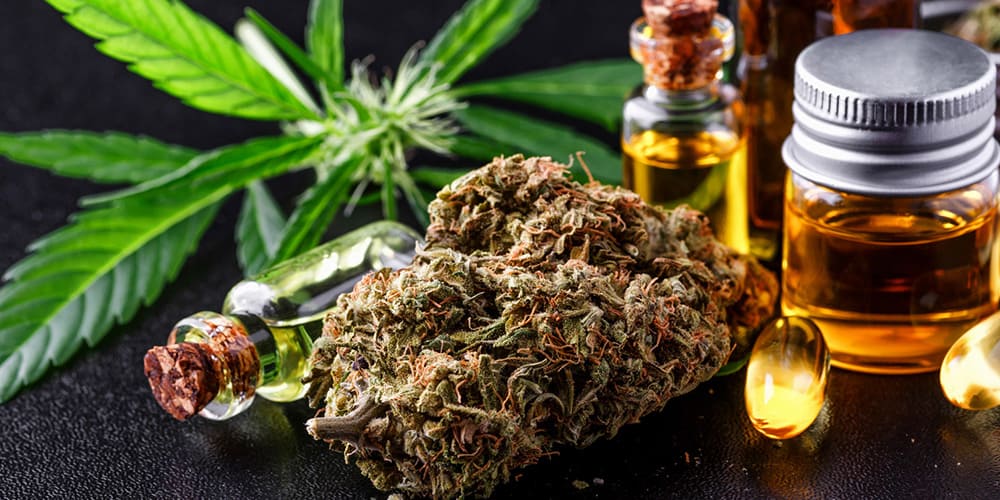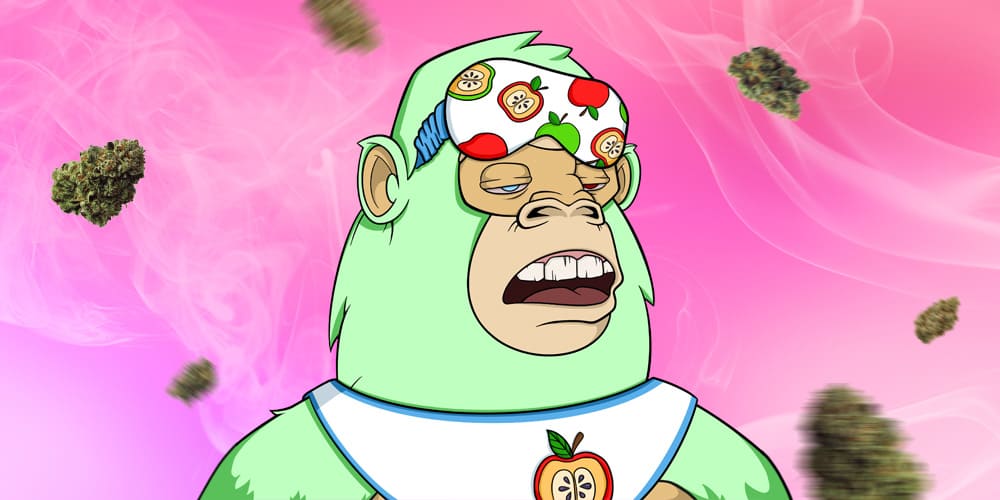Weed Effects: Does Weed Make You Laugh?

“Weed Make You Laugh” is a common question that delves into the intricate relationship between cannabis and human psychology, going beyond the mere physical act of laughter. This inquiry is rooted in the desire to understand the complex interplay of effects that cannabis has on the human mind. This article aims to provide a comprehensive exploration of this phenomenon, examining scientific evidence, psychological theories, and personal anecdotes.
- Does Cannabis Affect Men and Women Differently?
- Cannabis and Clarity: How Weed Can Sharpen Your Mind
- What Happens When You Sleeping High: Exploring the Effects
The Science Behind Cannabis and Laughter

To understand why weed often leads to laughter, it’s important to begin with its fundamental effects on the brain. Cannabis is rich in cannabinoids, such as THC, which is the most well-known due to its psychoactive properties. THC interacts with the brain’s endocannabinoid system, a complex network that regulates various functions including mood, sensation, and cognition. This interaction can lead to a variety of effects, ranging from altered sensory perception to mood changes, setting the stage for the laughter-inducing potential of cannabis.
One key area where THC exerts its influence is the brain’s limbic system, the center responsible for emotion regulation. By impacting this system, THC can enhance how we process sensory inputs and alter our perception. This distortion often leads to an amplified response to external stimuli, making things appear more amusing than they would be in a normal state. The altered sensory perception under the influence of THC can transform ordinary experiences into something unexpectedly humorous.
Additionally, a significant aspect of weed’s effect is its ability to lower inhibitions. This relaxation of the usual social and psychological barriers can make individuals more open to humor and laughter. When people are less inhibited, they are generally more responsive to comedic situations and more likely to express their amusement openly. This combination of enhanced sensory perception and reduced inhibitions under the influence of THC is what often leads to the laughter and light-heartedness associated with cannabis use.
Experience the enticing allure of Forbidden Fruit Sauce Cart, a delectable cross of Cherry Pie and Tangie. This exquisite blend boasts a dense bud structure adorned with deep purple hues, dark green foliage, and striking orange hairs.
Psychological Perspectives on Weed-Induced Laughter

The laughter often associated with cannabis use can be explained from a psychological perspective, starting with the state of euphoria that cannabis often induces. When under the influence of weed, users commonly experience a heightened sense of joy and relaxation. This euphoric state can make individuals more receptive to humor, leading to increased laughter. In this relaxed and happy state, even ordinary situations or comments may be perceived as more amusing than they would be under normal circumstances, contributing to a general light-heartedness and propensity for laughter.
Another key factor in the laughter-inducing effect of cannabis is its impact on the perception of time. Cannabis use can lead to a distorted sense of time, often slowing it down. This altered perception can heighten a user’s awareness of the present moment, making humorous situations or remarks seem more immediate and engaging. Jokes and funny observations can appear more pronounced and impactful, as the user’s altered time perception allows for a more focused and prolonged engagement with the humorous stimulus.
Furthermore, cannabis often acts as a social lubricant, enhancing the dynamics within a group and making shared experiences more enjoyable. Laughter, in particular, can become a collective experience in social settings where cannabis is used. This shared joy and amusement can lead to a feedback loop, where laughter from one individual triggers more laughter from others, amplifying the overall humorous experience. The communal aspect of cannabis use contributes to a more relaxed and connected social atmosphere, making laughter a more frequent and shared response among users.
Discover the sophisticated harmony of JEALOUSY Premium Flower blending Sativa and Indica traits. Its rich, spicy aroma, laced with sweet fruity notes, offers a luxurious, multi-faceted sensory experience.
Cultural and Social Influences

Culturally, the stereotype of the happy, laughing cannabis user is widespread in media, influencing social perceptions. This depiction has shaped the expectation that consuming weed will invariably lead to laughter. Such stereotypes, often portrayed in movies and television, can pre-condition individuals’ expectations about cannabis, suggesting that it typically results in a lighthearted, humorous experience.
The influence of these expectations on users’ actual experiences with cannabis is significant. When people anticipate laughter as a result of using weed, they might be more inclined to experience humor during their high. This effect demonstrates how cultural and psychological factors can intertwine, impacting individual responses to cannabis. The anticipated effects, shaped by societal norms and media portrayals, often play a role in the actual experience of cannabis users.
Furthermore, the social contexts in which cannabis is frequently used also contribute to its association with laughter. Often consumed in group settings like friendly gatherings, cannabis use tends to occur in environments already conducive to enjoyment and humor. In these communal experiences, being high can enhance the sense of joy and amusement among users, reinforcing the connection between cannabis and a cheerful experience. Thus, the social dynamics of cannabis consumption play a crucial role in perpetuating its reputation as a substance that fosters laughter and light-heartedness.
Medical and Therapeutic Implications

The laughter-inducing effect of weed extends beyond recreational use and holds potential therapeutic benefits. For individuals dealing with mental health conditions such as anxiety, depression, or chronic stress, the ability of cannabis to provoke laughter and joy can be invaluable. Laughter, a natural response often enhanced by cannabis use, has been clinically recognized for its stress-reducing properties. It helps lower stress hormones and increase the production of endorphins, the body’s natural mood elevators.
However, caution is essential when considering cannabis for its therapeutic potential in mental health. The relationship between weed and mental health is intricate and multifaceted. While cannabis can offer temporary relief and mood enhancement, it is not a one-size-fits-all solution. Its effects can vary greatly among individuals, depending on various factors including their mental health history, current condition, and overall psychological state.
It’s particularly important to be mindful of cannabis use in individuals with predispositions to certain mental health conditions. In some cases, cannabis might exacerbate symptoms or lead to adverse psychological effects. Therefore, its use should be approached carefully, with consideration of the individual’s specific mental health needs and circumstances. Consulting with healthcare professionals and considering cannabis as part of a broader, holistic approach to mental health care is advisable. This ensures that its use is safe, effective, and integrated with other treatment methods.
Discover the cosmic power of APE Alien OG 7 diamond-infused mini joints for an unparalleled experience. This Indica-dominant hybrid, a blend of Tahoe OG and Alien Kush, provides a perfect equilibrium of uplifting and soothing effects.
















